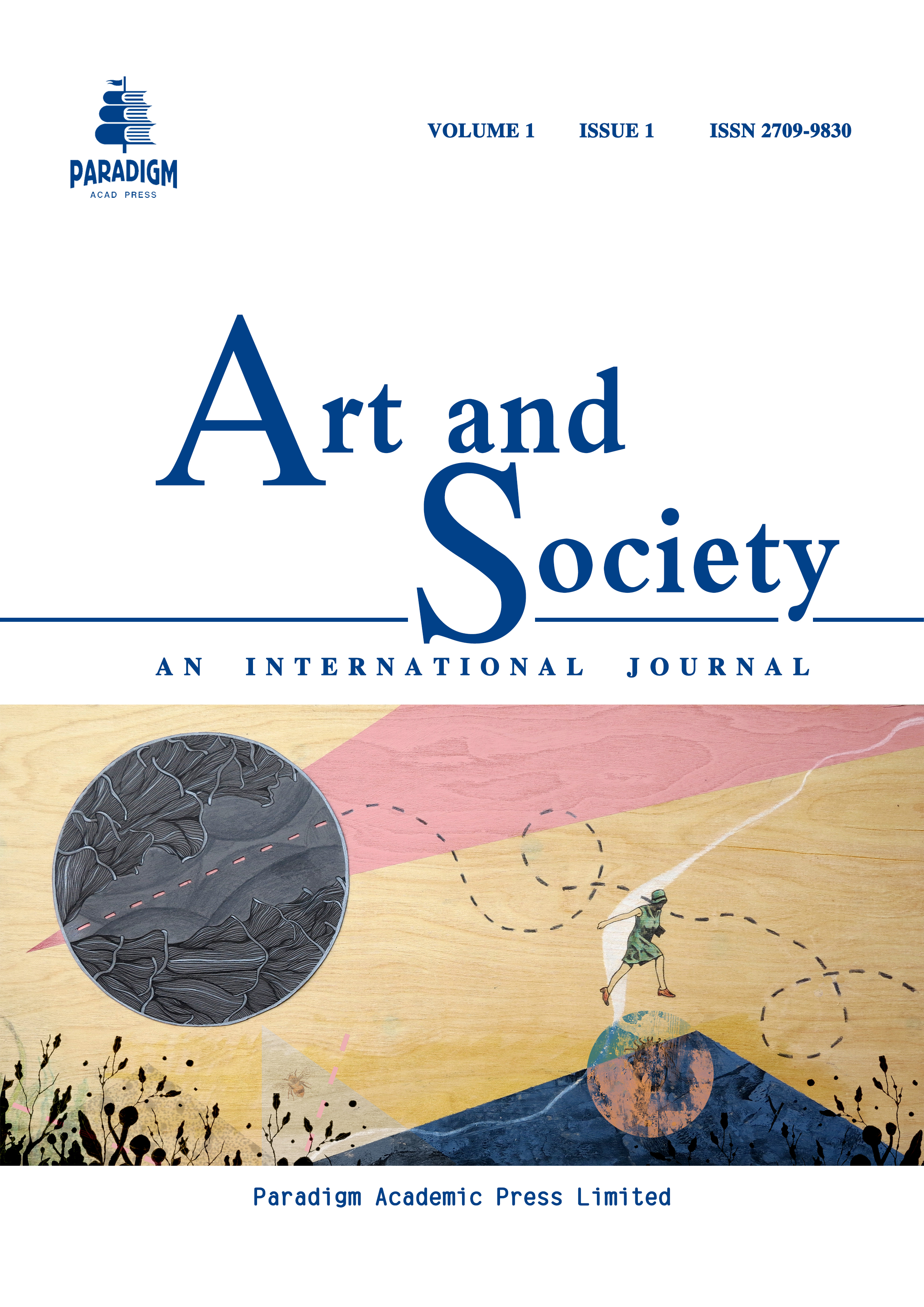Behind the Curtain: Unpacking Racism in Casting Practices
DOI:
https://doi.org/10.63593/AS.2709-9830.2025.09.001Keywords:
Hollywood, systemic racism, Critical Race Theory (CRT), representation, middle eastern actors, casting practices, typecasting, tokenism, whitewashing, stereotypes, media and society, film industry, blockbuster cinema, visibility politics, gender and race, orientalism, cultural erasure, narrative power, diversity in mediaAbstract
This research studies systemic racism in Hollywood against Middle Eastern actors, claiming that such actors’ almost complete absence from blockbuster film and television is both structural and not incidental. Using Critical Race Theory (CRT), it examines systemic racism through longitudinal content analysis of the top 10 highest-grossing films released from 1995 to 2025 and comparative role analysis of Middle Eastern actors compared to white actors. The findings show that there are sharp contrasts: only 12 of the 310 blockbusters have actors identified as Middle Eastern with a significant role and all 12 were male; nearly half of each role taken by Middle Eastern actors conformed to a limiting stereotype (terrorists, hypersexualization, and tokenism). Qualitative analysis of how these portrayals of Middle Eastern actors are overshadowed by the complexity and depth shown about the roles of white actors implies that the last bias is an accepted stereotype and masks active discrimination from society. First-hand accounts from actors, comedians, and filmmakers such as Riz Ahmed, Rami Malek, and Salma Hayek all illustrate how typecasting, tokenism, and whitewashing are still impediments to legitimate representation in Hollywood. Lastly, it is further argued in the study that Hollywood’s exclusion of Middle Eastern actors has implications for real-life prejudice and hate crimes against Middle Eastern communities. By engaging with CRT’s notion of structural racism, this study calls for a structural shift in Hollywood, advocating for more diversity at the level of executive leadership, investment in Middle Eastern-led productions, and accountability for systemic replication of racism in casting. Representation must go beyond being a symbolic gesture for Hollywood to ensure that Middle Eastern actors can embody visible, humanized voices that are perceived to be complex.



